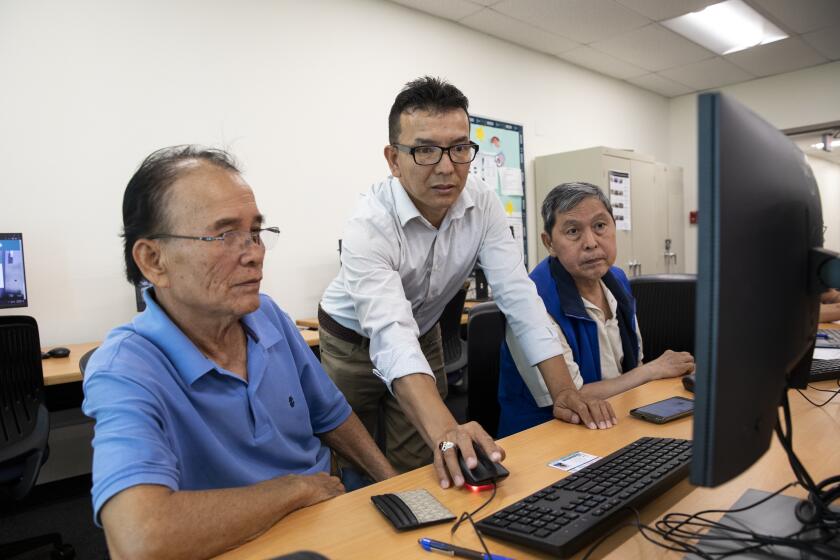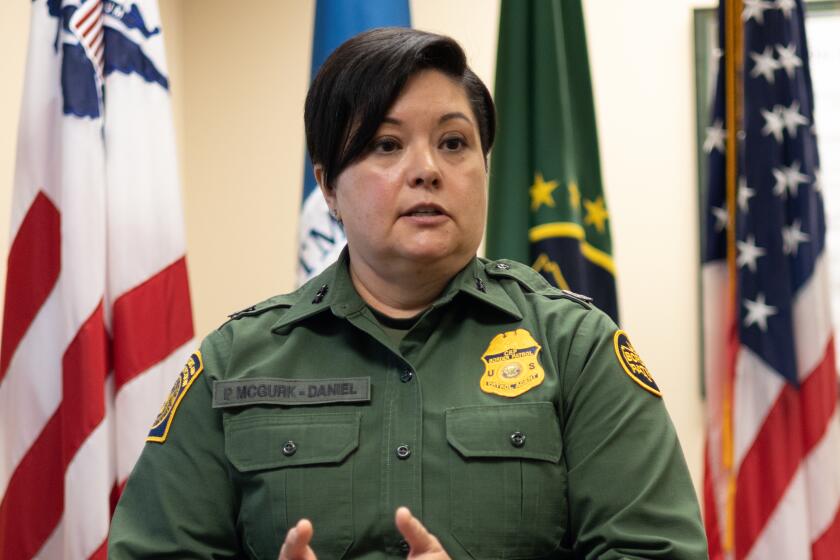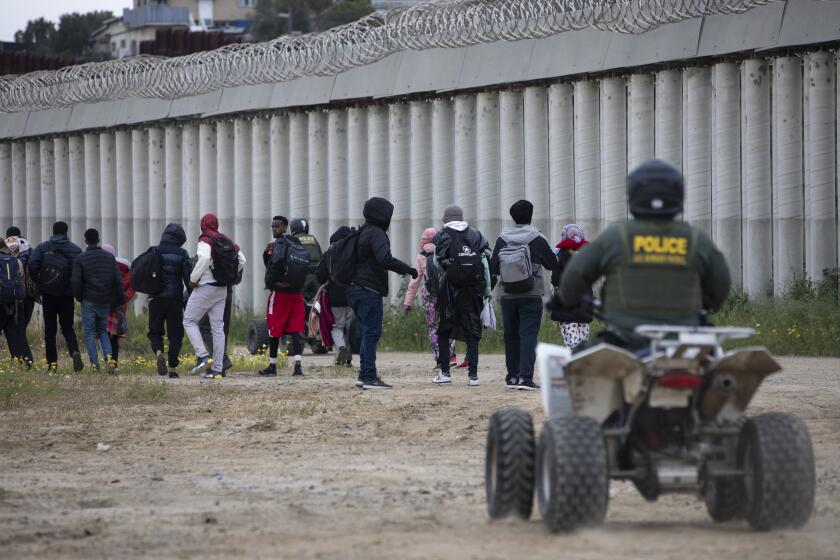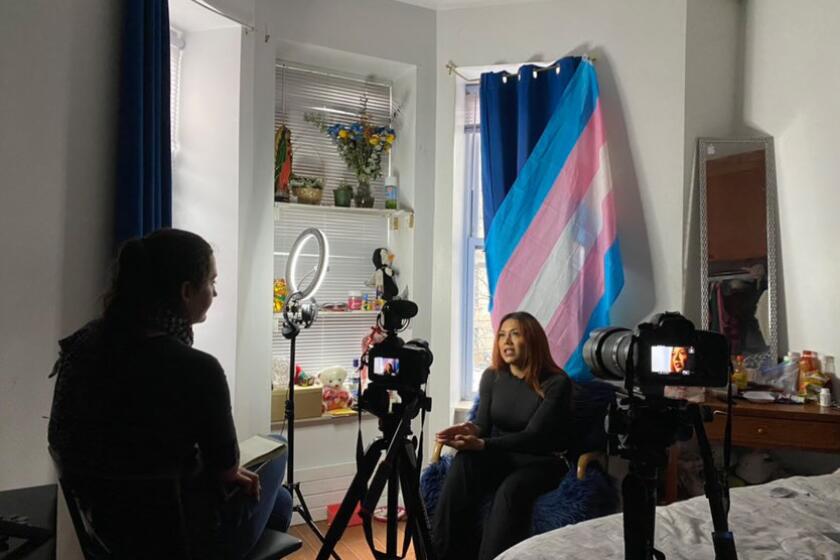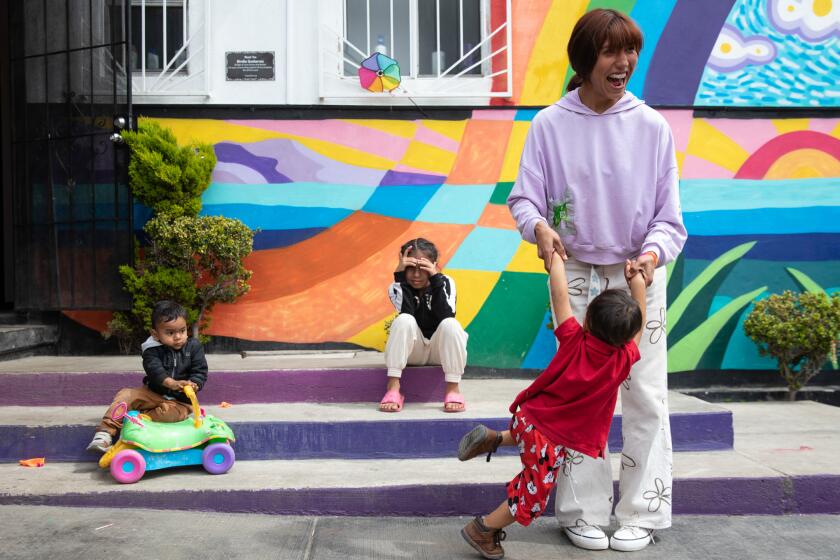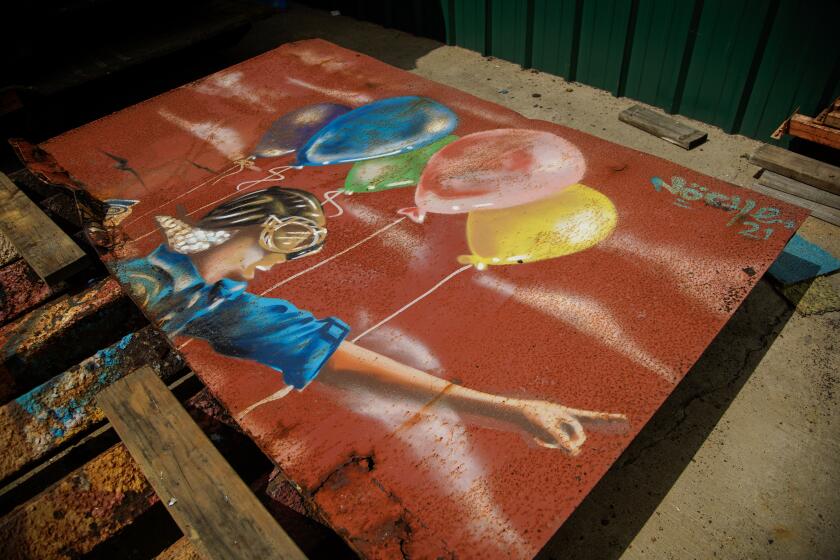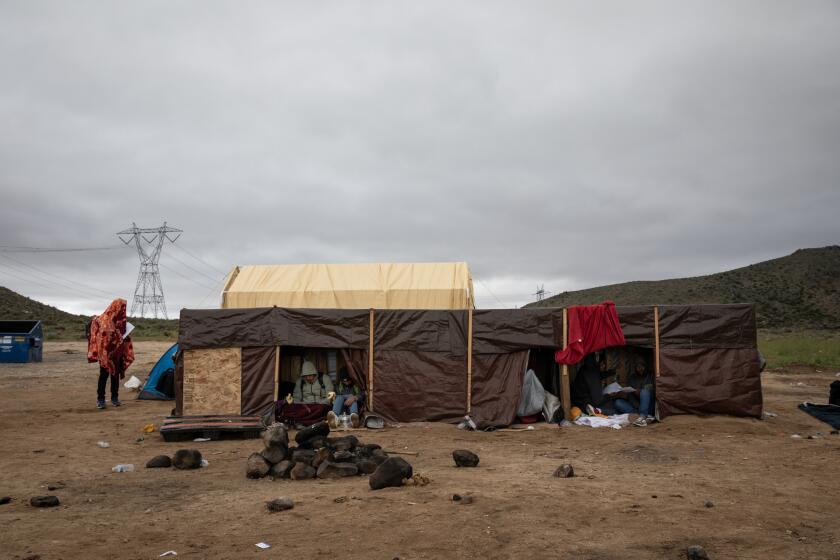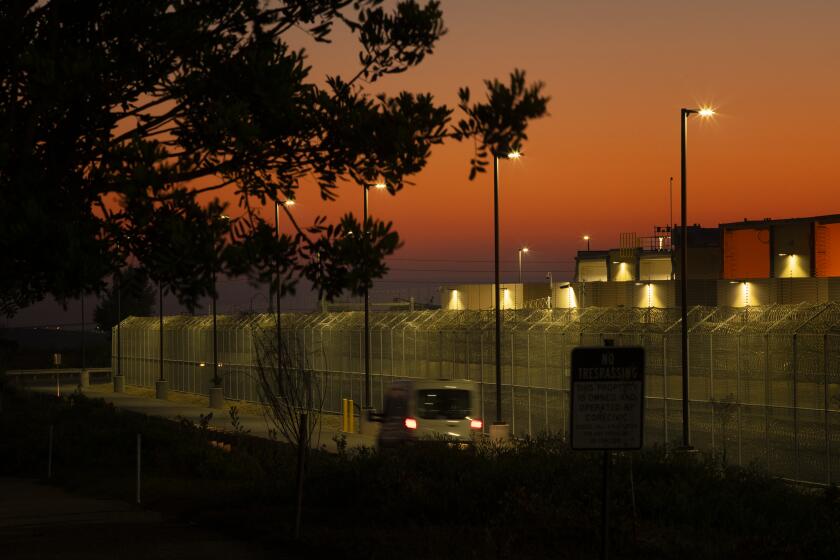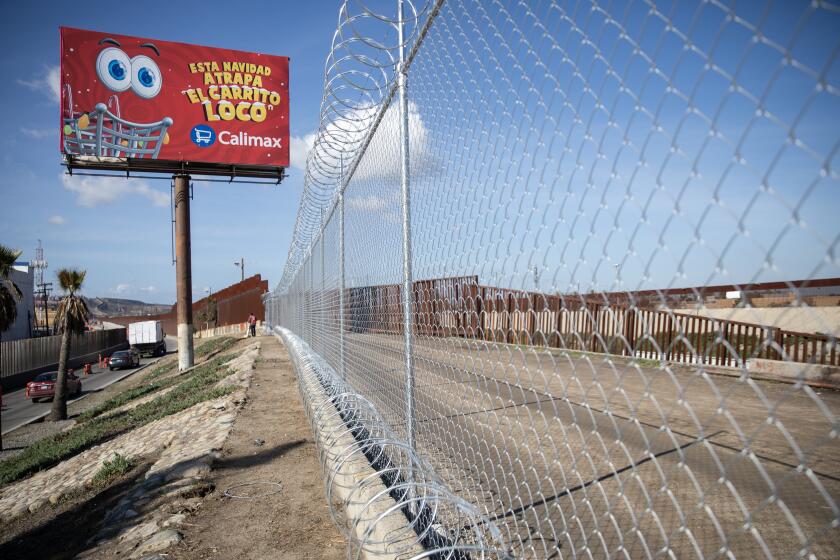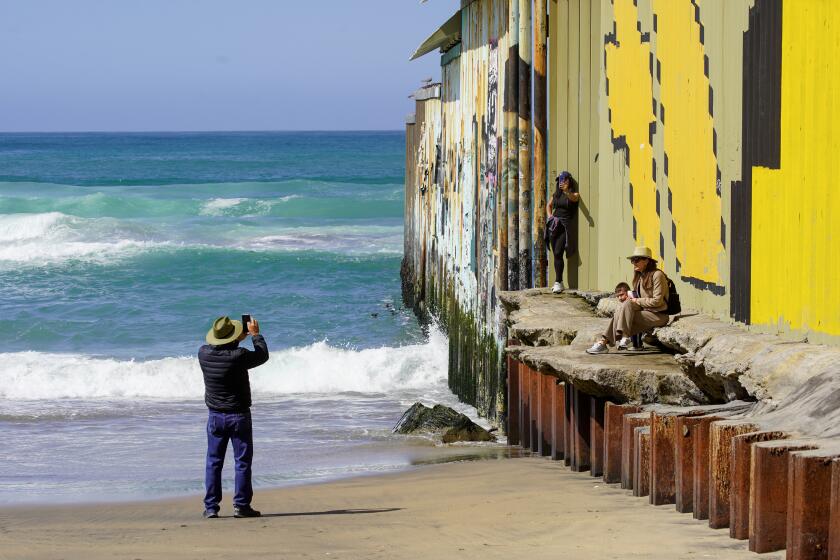Film festival returns with story of a mixed-status family working in California’s strawberry fields
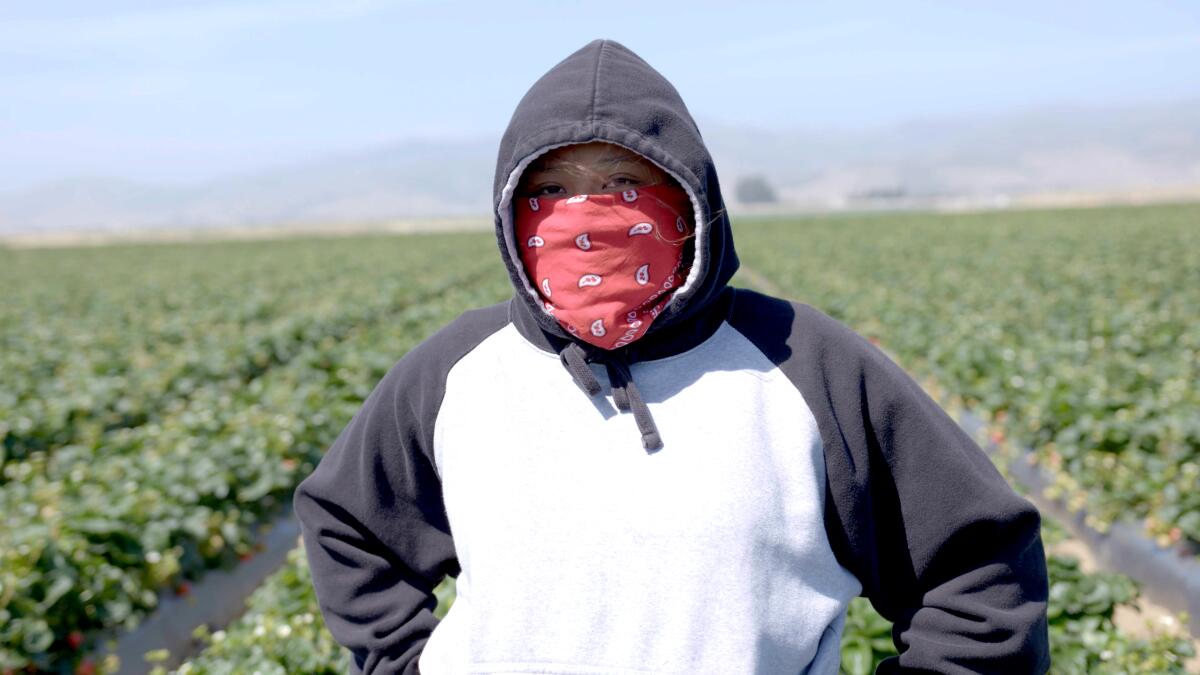
The San Diego Human Rights Watch Film Festival, in its 12th year, will feature ‘Fruits of Labor’ by Emily Cohen Ibañez
Ashley Pavon had dreamed of being the first in her family to graduate high school and attend college. Then fears about her mother’s potential deportation thrust her into a role of breadwinner.
Her story is told by one of the documentaries featured in the 2022 San Diego Human Rights Watch Film Festival, held virtually again this year, from February 2 through February 8. The festival, a collaboration between Human Rights Watch and Balboa Park’s Museum of Photographic Arts, is in its 12th year.
“Fruits of Labor” intimately illustrates the complexities of working multiple jobs and finishing school, all while trying to keep up with teenage traditions such as planning a quinceañera. The 77-minute documentary, according to filmmaker Emily Cohen Ibañez, is much more than an immigration story. It is also a coming-of-age story and a labor story.
“In 2016, there was a narrative being developed that the election of Trump was really because the working class that was predominantly male and White felt alienated. That might’ve been a small piece of the story but that wasn’t my experience of the representation of the working class in rural America,” Cohen Ibañez said. “In towns like Watsonville, the working class is Brown.”

In high school, Pavon worked in strawberry fields in the Monterey Bay-area town of Watsonville as well as in a food processing plant. Through documenting Pavon’s experiences, Cohen Ibañez said she was surprised to learn how many teens had ended up working in those fields during the Trump administration because their parents were undocumented and afraid of being caught up in immigration raids.
“It was children like Ashley filling that [labor] gap, and I didn’t see this story being told,” Cohen Ibañez said.
“Children have always worked in the fields in the United States, but that uptick, that was something that was — wow,” she added.
Cohen Ibañez met Pavon through a student video collective. She suggested making a film about Pavon’s life after the two became close. Pavon agreed to do it because she believed in the importance of showing what it’s like to live “in the shadows.”
“I was a little bit nervous because I was never in front of the camera, but I knew what she had to bring to the community was something that was needed,” Pavon said. “You never really see the reality of what’s going on and what are the real obstacles out there. We often gravitate toward stereotypes.”
The two co-wrote the documentary. Cohen Ibañez said that was because she intended to make a film with the community rather than about the community.
“It created an authentic voice, and for me, it was really important to get the internal life,” Cohen Ibañez said. “A lot of times in film we’re following action, but it’s also important for that rich, interior life to be expressed.”
Pavon said that working on the film was healing for her in many ways.
“I would fight with myself that I wasn’t doing enough, that I was a bad daughter,” she said. “I stepped back and was like, ‘I was 14 or 15, doing so much.’”
Pavon recently finished a business program with Santa Clara University. She plans to have a farm that moves away from the common agricultural hierarchy and pay structure, she said, so that workers are able to buy quality food and have space to rest.
The festival also features documentaries about race and adoption, access to abortion, foster care and women’s rights. Tickets to screen all five of the festival’s films are on sale online for $35 and for individual films for $9, with discounts available for museum members as well as members of Human Rights Watch.
Get Essential San Diego, weekday mornings
Get top headlines from the Union-Tribune in your inbox weekday mornings, including top news, local, sports, business, entertainment and opinion.
You may occasionally receive promotional content from the San Diego Union-Tribune.

